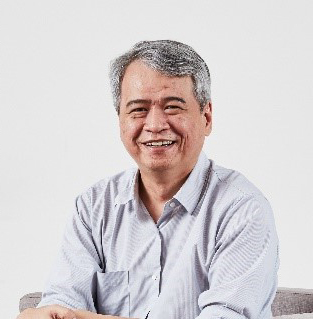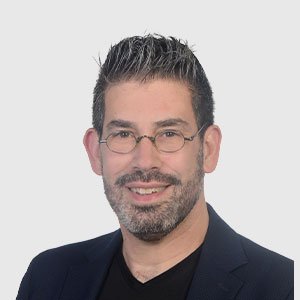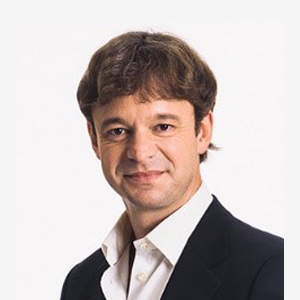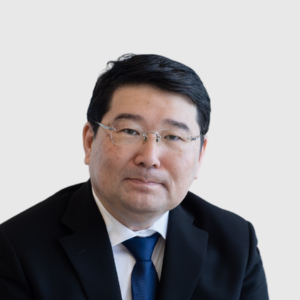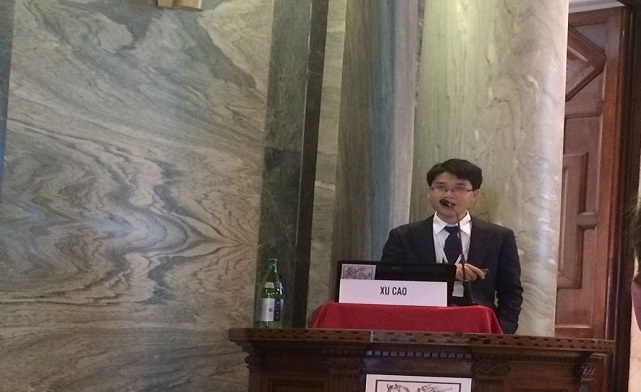
My name is Cao Xu. I was a postgraduate student at department of pharmacology NUS Medical School from 2013 and 2017, under the supervison of Prof Jinsong Bian who is a worldwide reputational researcher in the biology and pharmacology of hydrogen sulfide.
During my PhD study, my work demonstrated a novel pharmacological usage of hydrogen sulfide and/or hydrogen polysulfide in cisplatin nephrotoxicity by leveraging their cell protective and anti-cancer effects. Specifically, we found that cisplatin led to the impairment of H2S production in vitro and in vivo by downregulating the expression level of cystathionine c-lyase (CSE), which may contribute to the subsequent renal proximal tubule (RPT) cell death and thereby renal toxicity. H2S donors NaHS and GYY4137, but not AP39, mitigated cisplatin-induced RPT cell death and nephrotoxicity. The mechanisms underlying the protective effect of H2S donors included the suppression of intracellular reactive oxygen species generation and downstream mitogenactivated protein kinases by inhibiting NADPH oxidase activity, which may be possibly through persulfidating the subunit p47phox. Importantly, GYY4137 not only ameliorated cisplatin-caused renal injury but also added on more anticancer effect to cisplatin in cancer cell lines. The merit of the study has been well reflected by the two publications on leading biomedical journals such as Antioxidant & Redox Signaling and Redox Biology.
In addition, I also co-first authored and/or co-authored another 4 research articles. Besides, with the aim to deepen my understanding of the research field, I wrote 5 review papers to overview the status of H2S in biomedical research, one of which is a comprehensive review of H2S and cancer and published on Antioxidant & Redox Signaling.
After my graduation, I decided to pursue an academic career and therefore joined Memorial Sloan Kettering Cancer Center at New York City for a postdoctoral training.




